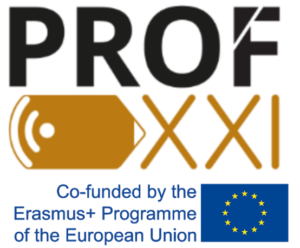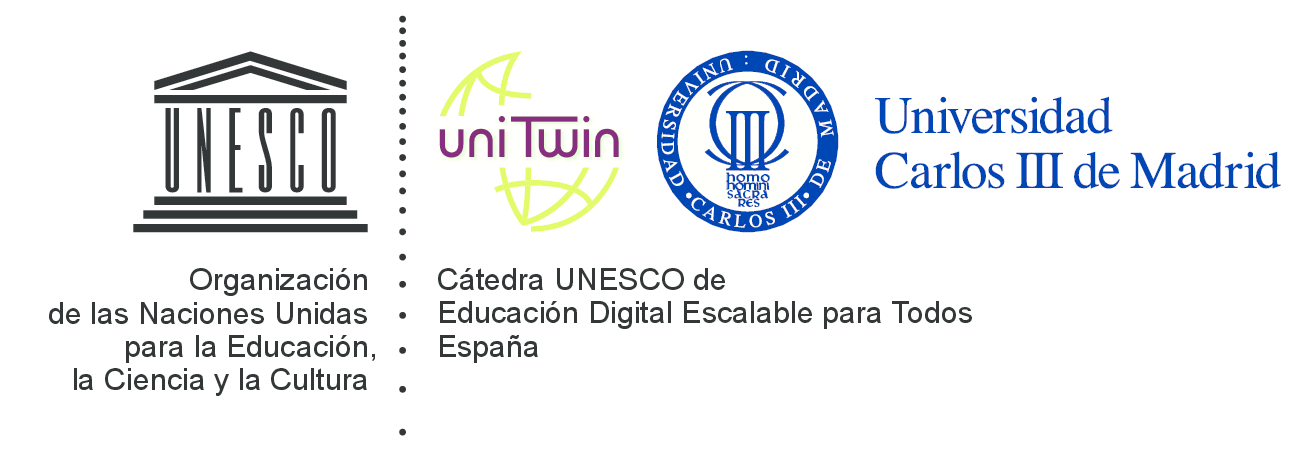«Universities involved in the PRO-XXI project shared various tools and methodologies aimed at promoting digital transformation and developing online teaching strategies. Representatives from the University of Cauca, PhD. Miguel Corchuelo and PhD. Gustavo Ramírez González, and from the University San Buenaventura, PhD. José Luís Jurado, took part in the webinar. Approximately nine hundred viewers participated in this webinar, part of a series of eight online conferences organized by the PROFXXI Project.
«What We Learned in the Webinar»
Teaching to Learn in Online Mode
Before delving into the topic, PhD. Miguel Corchuelo mentioned the impact of the global COVID-19 pandemic on education, emphasizing that the rapid adoption of Information and Communication Technologies (ICTs) could lead to mistakes.
The main mistake is trying to replicate in an online setting what was traditionally done in person, which can lead to frustration and disappointment for both teachers and students. He then used a metaphor of the universe to illustrate the diversity of possibilities in education.
Active Learning
This theme involves the use of different methods and resources to activate students’ learning. Under the context of Edgar Dale’s Learning Pyramid, various techniques such as verbal or visual symbols, presentations, videos, real experiences, field trips, and demonstrations are used to promote active learning.
There are numerous ways to learn in digital education, with more than a thousand possibilities. It is essential to answer the question: «How do we learn?» Miguel stressed the use of digital tools to create engaging and attractive new knowledge that stimulates students’ cognitive activity.
Flipped Classroom (Active, Invest, and Have Fun)
PhD. Gustavo Ramírez González presented the concept of the flipped classroom as a teaching model that requires active participation from both students and teachers within a Learning Management System (LMS).
He emphasized the need to divide classes into three distinct phases: pre-class, in-class, and post-class. To engage students during these phases, he recommended strategies such as generating videos, creating demonstrations, organizing debates, encouraging collaboration, and using case studies.
PhD. Ramírez also recommended using tools like Kahoot during synchronous class moments for better knowledge management.
Supporting Gamification in Education
In this segment, PhD. José Luís Jurado recommended factors for motivating learning. He highlighted the importance of a teacher’s methodology, creativity, enthusiasm, personality, and material preparation.
The class should offer attractive content, activities, and evaluation methods. It’s also important to maintain a balanced class duration, limit the number of classes, and encourage group interaction.
He mentioned the role of gamification in motivating and reinforcing skills and knowledge, as it fosters competition and offers status. Social connections are also essential for the development of social connections.
Gamified Context
PhD. Jurado presented the DeDalus model, based on a Greek character from Greek mythology. This model is grounded in three stages: defining the gaming environment, the gaming environment itself, and measurement and evaluation.
Finally, he shared several successful projects that demonstrated improvements in student learning and institutions from various sectors in Colombia.
If you missed this conference, you can watch the recording at the following link: PROFF-XXI Webinar Recording. If you’d like to view the presentation, you can access it here: View Presentation.
Participants’ Comments:
- Evelyn Vargas: «Good morning, I consider these spaces essential for learning opportunities, a vision for change, and a new perspective.»
- Lesbia Rodríguez: «Congratulations to Colombian teachers for sharing their knowledge to achieve better education. Let’s reinvent ourselves! Thank you, PROF-XXI!»
- Julia María Arias de León: «What a better opportunity to celebrate Teacher’s Day than by sharing knowledge to teach our students better. Happy Teacher’s Day.»
- Ana Lesly Roquel: «Thank you for the invitation and for sharing valuable information. Regards.»
We invite you to follow the PROFF-XXI project on its social media channels:




